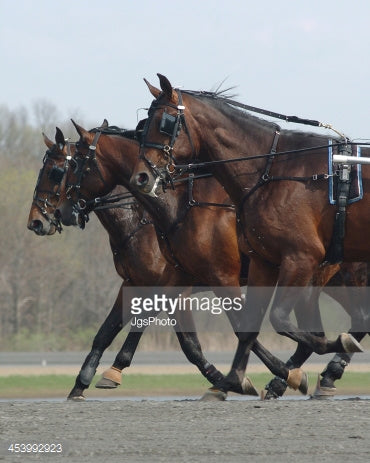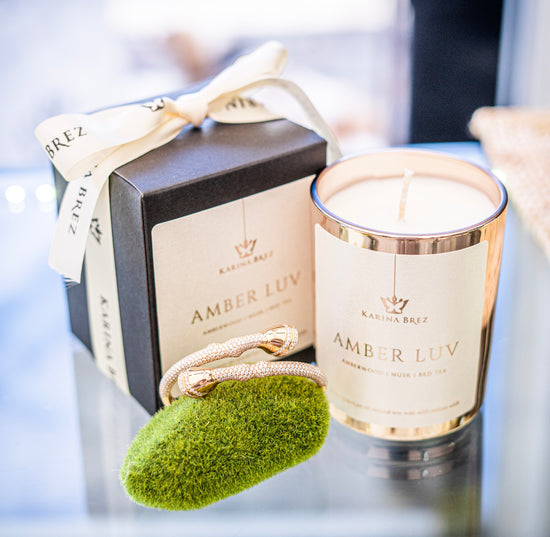A horse needs to have a good home. It’s a place where they can kick back, relax, and maybe play with a few toys. The cost to build a horse barn often depends on the size of the stable that you need for your property. You can build a horse barn for just one horse, a half-dozen horses, or many more.
Standard sizing is generally between 8-14 horse stalls. If you were to hire a contractor to build the horse barn for you with standard sizing, then the final barn cost would be between $25,000-$40,000 if a contractor builds it for you. This would not include any permitting or assessment costs which may be required to begin the project.
If all you need is a 2-stall barn, however, you may be able to build your new barn for less than $10,000. That’s just the initial costs to consider. There are many other costs that must be considered when building a new horse barn so that an unpleasant financial surprise doesn’t occur.
What Influences the Cost of Building a Horse Barn?
The design of your horse barn is going to directly influence the overall cost of installation. You can begin to determine what your final costs will be by asking yourself questions like these.
- How many horses will live in the barn? Plan your horse barn to have at least 1-2 more stalls than you need just in case you decide to expand your stable.
- What size stalls will be needed in the barn? Standard horse stalls are either 10x10 feet or 12x12 feet, depending on the breed and size of horse that needs to have a home.
- Is there a need to have a tack room? If you have a place to store your tack already, then you can reduce the size of your barn by eliminating the tack room from the design.
- What about a foaling box? At minimum, you’ll need to add another 12x12 foot stall if you need or want a foaling box. Many horses prefer a larger space.
- Will you need a wash rack? Horses don’t always need to be bathed, but you may have that one horse which always seems to be getting into trouble. A separate wash rack area can be highly beneficial.
- How much storage space will you need for feed? You’re going to need to store your feed in a clean, dry location. The amount of feed you need to store will dictate the size of the storage area and either increase or decrease the dimensions of your horse barn. Feeding the horses in the barn will also affect how much space you need.
- Do you want some extra elbow room? Some people prefer to have a wide center aisle as they walk through the barn. Others prefer a narrower space. It’s one-part personal preference and one-part what your horses prefer.
- Is a hayloft going to be required? That may mean building a horse barn with a second story to keep your extra feed.
Once you have answered questions like those so your specific needs can be determined, you’ll want to look at what your local environmental influences are going to be on your new horse barn. Cool, wet climates can encourage extensive mold growth, which may prematurely reduce the life of a wood barn.
You will want to choose the materials which work best for your local conditions. That may mean going with a steel barn instead of a wood barn so you have lower ongoing costs due to its durability.
\nGOOD NEWS! Lucky Charm our blind horse has a winter foster! Same family adopted Beverly. THANK YOU TO THEM 4 opening their hearts & barn. pic.twitter.com/KGCVyOw3GX
— Gerda's Animal Aid (@GerdasAnimalAid) October 9, 2016
Property Needs Also Influence Horse Barn Costs
Where you plan to build your new horse barn will also affect the final costs that will need to be paid. Barn placement could change how your property drains, create airflow issues around the barn, and even create snow buildup issues in the colder months. These costs are variable based on the needs of the property.
Hooking up utilities to the barn will also involve a cost that must be included in the final tally if it is required. These costs can be significant if electrical lines and water pipes need to be installed from a source that is far away. In general terms, burying electrical wiring will cost up to $20 per foot, with plumbing running up to $50 per foot.
If your barn is 200 feet away from the source of these items, then running electrical wiring could add another $3,000 to the final cost. Adding plumbing from a similar distance could add an additional $7,500.
Some property owners may decide to use a generator for power and transport water to the barn in order to avoid these costs. Although the initial cost may be less, there will be a time investment made which must be addressed. How much do you feel your time is worth? Then calculate how long it takes to transport water, get fuel for the generator, and the other chores that will be required over the life of the barn.
This is why property needs are so variable. You must decide what you want now and what you’re willing to do in the future.
Insuring Your New Horse Barn Is Another Cost
Once you’ve got your horse barn in place, you’ll want to protect that investment. Most ranch, farm, or homeowners’ policies are not going to cover the new structure without an addendum to the insurance plan. This means insuring your barn is going to be an added annual cost which must be budgeted.
How you insure your horse barn should be determined by how you are using it. If you are keeping horses for personal use only, then consider adding a rider to your current homeowner’s policy to have the structure and contents covered.
Business owners will want to consider insuring the new horse barn as a business asset instead of as a personal expense. This will add general liability coverage to the plan, in addition to other business insurance needs, to protect you from an unanticipated loss.
Insurance costs vary widely based on your location. Some may be able to insure their new barn for less than $100 per year. Others may find that the costs exceed $100 per month. Speak with your current insurer about the best possible rates, but be sure to shop around for a good policy. Many insurers who specialize in farms and ranches can offer more detailed policies that cover everything you need and nothing that you don’t have.
\nBecause who wouldn't want to live in the horse barn?❤️🐴🏠 pic.twitter.com/Lhz0JmiIpU
— little twin✌️ (@LoranPage) September 15, 2016
What About Ongoing Barn Maintenance Costs?
Maintenance costs for a barn are often just as variable as the materials and labor costs within each community. On average, most barn owners can expect to pay about $2,300 per stall in annual maintenance costs. Some may pay a bit less, while others may be required to pay a lot more.
Much of the maintenance costs come from preserving the materials of the barn in some way. If you build a steel barn, then you’ll have lower costs when compared to a wood barn because they require very little attention. If something does happen to a steel barn, it may be covered by warranty, so you’ll have fewer insurance and replacement costs as well.
How Will the Final Costs Be Determined?
The total cost of building a horse barn depends on a number of varying factors that are often dependent on local supply and demand influences. The cost of materials and labor make up the bulk of the overall price, with a general contractor making up the largest percentage of the cost. If you can eliminate the need for a contractor, then the savings can be quite enormous.
For this reason, it may be worthwhile to order a prefabricated horse barn that meets your needs. These barns are engineered in such a way that they can be assembled to form with a few friends over to help. It only takes a few days to get the job done, especially if you use steel for your barn instead of wood, and you’ll reduce waste costs in the process as well.
The difference in cost is quite profound. For a traditional barn built by a contractor, the average final price is around $45 per square foot. In comparison, a prefabricated barn could cost as little as $7 per square foot to build. Many engineered barns that come ready for assembly also have warranties on the materials, which is something a wood barn does not typically have.
Building a horse barn is an investment, but one that is often worth making. A barn can reduce the amount of ongoing care that is required for a horse because it has protection from the elements. You will also have more storage space for feed and hay, allowing you to save by purchasing in bulk. So even though there will be ongoing maintenance costs, you’ll also experience some savings as well.
For most horse owners, a barn makes sense. It can even become a business opportunity. Consider these costs with your budget and you’ll be able to see if building a new horse barn is right for you.




